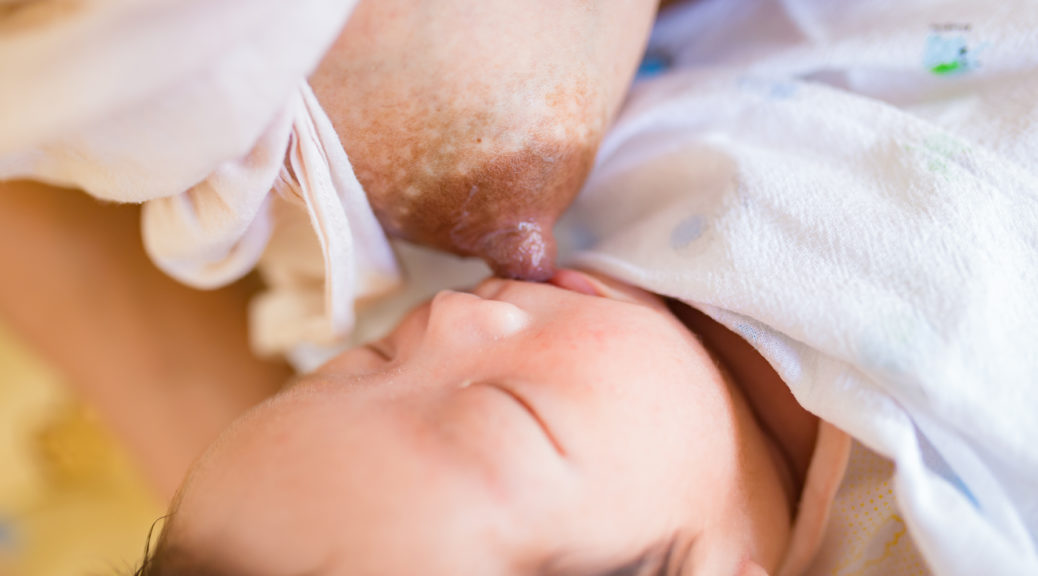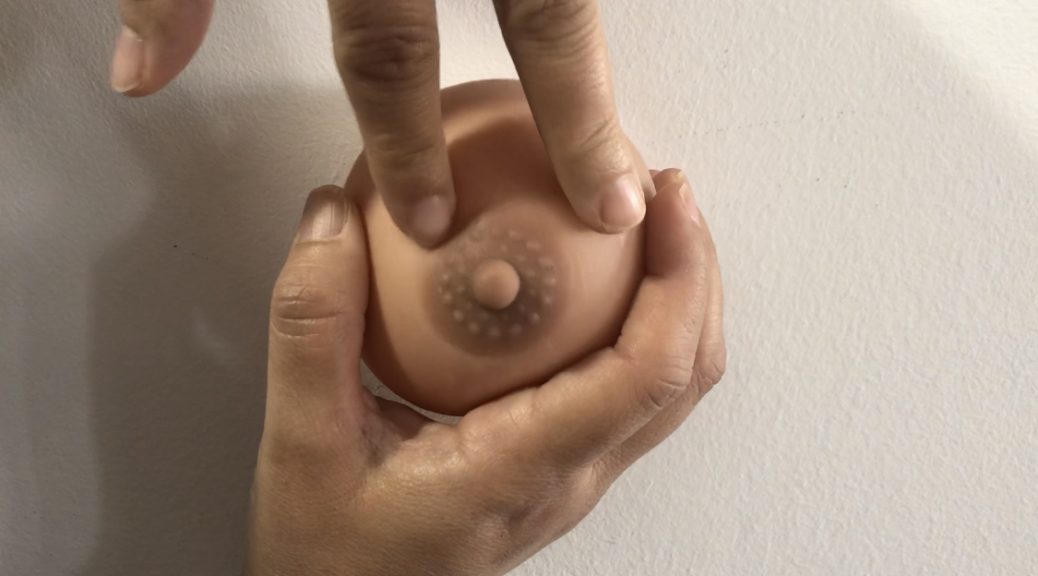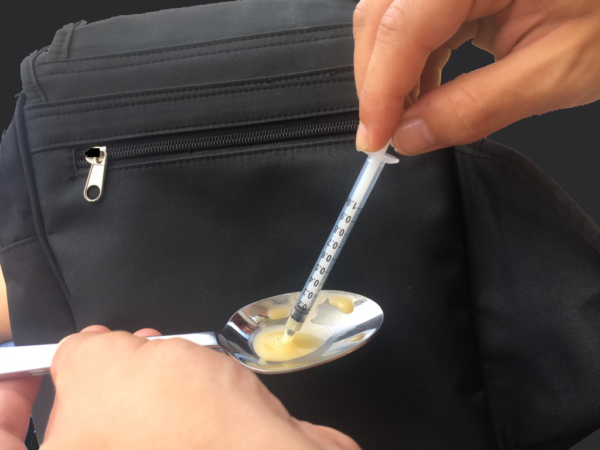How to offer additional milk to a baby who is not gaining weight (supplementing)
How to offer additional milk to a baby who is not gaining weight? It is likely that the first thing that comes to your mind is a bottle. But if you have previously looked for information, it is also likely that other methods such as finger-syringe, cup, and spoon will come to your mind. Choosing one of these methods on how to offer additional supplemental milk, either expressed or artificial, to a baby who is not gaining weight can be…









